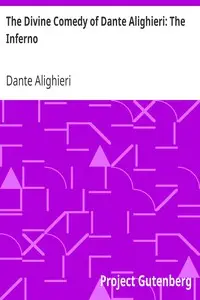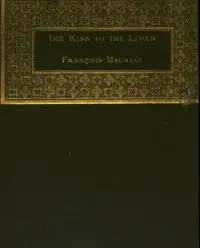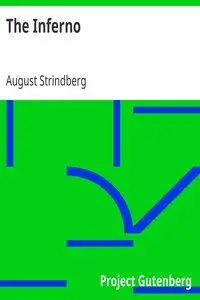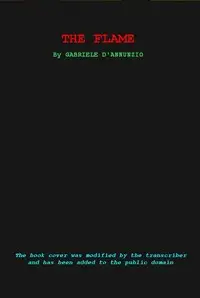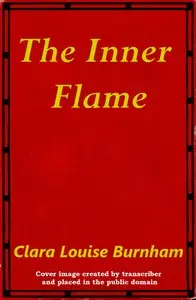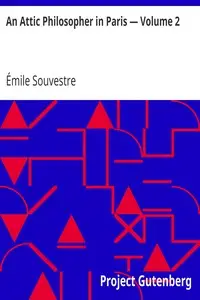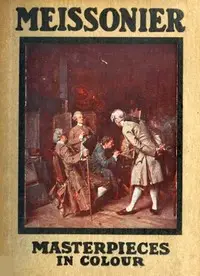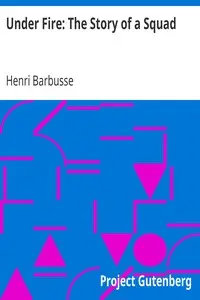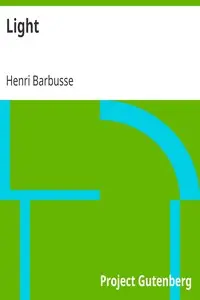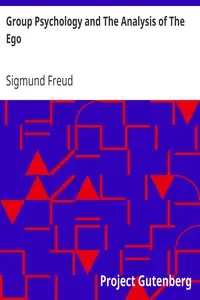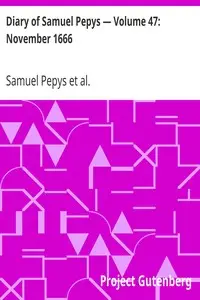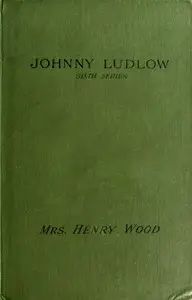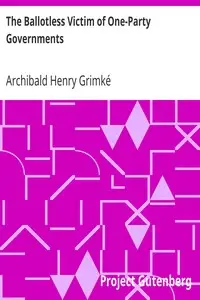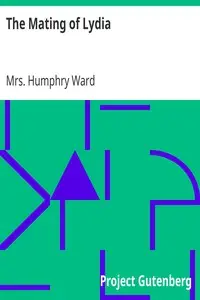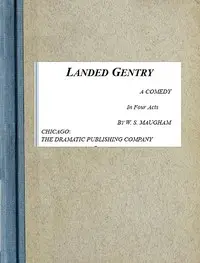“The Inferno” by Henri Barbusse is a thought-provoking early 20th-century novel, that examines themes of loneliness, passion, and what it means to be human through a philosophical perspective. The story centers on a man who, feeling detached from life, finds himself in a somber Paris boarding house, reflecting on his past and failed romances. His world changes when he becomes obsessed with the lives of his neighbors, spying on them through a hole in the wall. Witnessing their experiences, particularly the love life of a young servant, awakens in him a longing for connection, leading him to think deeply about life, happiness, and the complicated nature of relationships, all set against a melancholic yet captivating backdrop.
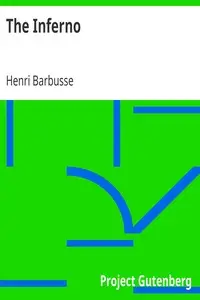
The Inferno
By Henri Barbusse
Isolated in a dreary boarding house, a man's life is transformed when he starts spying on his neighbors, leading him to confront his own loneliness and grapple with the meaning of existence.
Summary
About the AuthorHenri Barbusse was a French novelist, short story writer, journalist, poet and political activist. He began his literary career in the 1890s as a Symbolist poet and continued as a neo-Naturalist novelist; in 1916, he published Under Fire, a novel about World War I based on his experience which is described as one of the earliest works of the Lost Generation movement or as the work which started it; the novel had a major impact on the later writers of the movement, namely on Ernest Hemingway and Erich Maria Remarque.
Barbusse is considered one of the important French writers of 1910–1939 who mingled the war memories with moral and political meditations.
Henri Barbusse was a French novelist, short story writer, journalist, poet and political activist. He began his literary career in the 1890s as a Symbolist poet and continued as a neo-Naturalist novelist; in 1916, he published Under Fire, a novel about World War I based on his experience which is described as one of the earliest works of the Lost Generation movement or as the work which started it; the novel had a major impact on the later writers of the movement, namely on Ernest Hemingway and Erich Maria Remarque. Barbusse is considered one of the important French writers of 1910–1939 who mingled the war memories with moral and political meditations.

